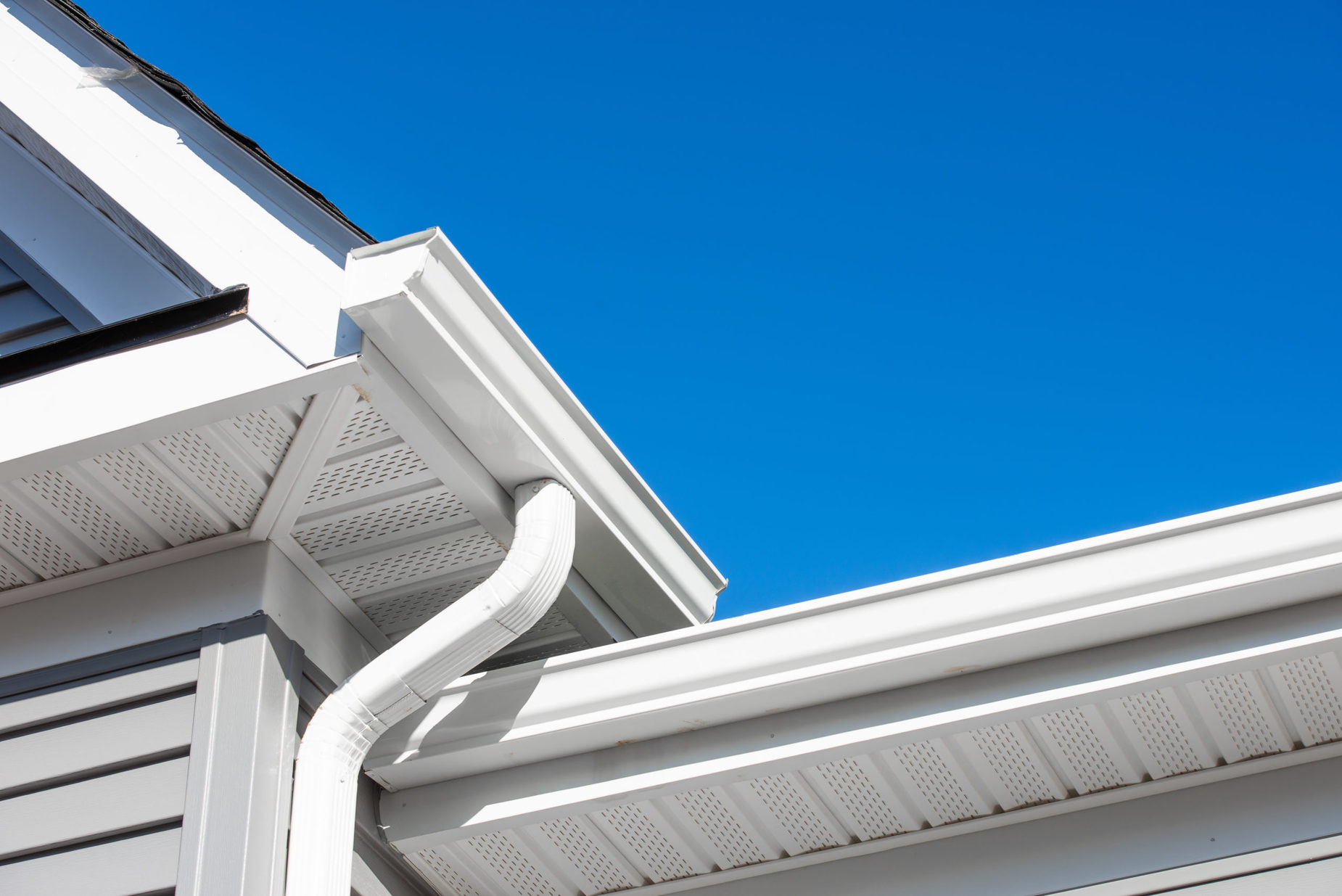

Articles
How Long Do Gutters Last
Modified: April 22, 2024
Learn about the lifespan of gutters with our informative articles. Discover how long gutters typically last and what factors can affect their durability.
(Many of the links in this article redirect to a specific reviewed product. Your purchase of these products through affiliate links helps to generate commission for Storables.com, at no extra cost. Learn more)
Introduction
Gutters are an integral part of any home’s drainage system. They play a crucial role in redirecting rainwater away from the foundation of the house, preventing water damage and ensuring the structural integrity of the property. However, like any other component of a house, gutters don’t last forever. Over time, they can suffer from wear and tear, leading to leaks, blockages, and other issues that can compromise their functionality.
Understanding the lifespan of gutters is essential for homeowners who want to ensure their property is properly maintained. There are various factors that can influence the longevity of gutters, including the material they are made from, the climate in which they are installed, and how well they are maintained.
In this article, we will explore the common types of gutters available on the market and delve into the factors that can affect their lifespan. We will also provide tips on how to extend the lifespan of your gutters and highlight the signs that indicate it may be time to replace them. By the end of this article, you will have a better understanding of how long your gutters can be expected to last and how to ensure they perform optimally for years to come.
Key Takeaways:
- Choose the right gutter material based on your climate and maintenance capabilities to maximize their lifespan and protect your home from water damage.
- Regular cleaning, inspection, and timely repairs are essential to extend the lifespan of your gutters and prevent potential issues that may arise due to neglect.
Read more: How Long Do Candles Last
Factors Affecting Gutter Lifespan
The lifespan of gutters can vary depending on several factors. Understanding these factors can help homeowners make informed decisions when it comes to choosing the right gutters for their home and taking steps to prolong their lifespan. Here are some key factors that can affect the longevity of gutters:
- Material: The material the gutters are made from plays a significant role in determining their lifespan. Different materials have different durability and resistance to weather elements. Common gutter materials include aluminum, copper, steel, vinyl, and zinc. Each material has its own advantages and disadvantages in terms of durability and maintenance.
- Climate: The climate in which the gutters are installed can have a major impact on their lifespan. Harsh weather conditions such as heavy rainfall, snow, and extreme temperatures can put extra stress on the gutters. For example, metal gutters may be more prone to rusting in coastal areas with high humidity, while vinyl gutters may become brittle and crack in extreme cold.
- Installation Quality: The quality of the gutter installation plays a crucial role in determining how long they will last. Improper installation can lead to sagging, leaks, and other issues that can shorten the lifespan of the gutters. It is important to hire a professional gutter installer who has the expertise and experience to ensure proper installation.
- Maintenance: Regular maintenance is essential to keep gutters in good condition and extend their lifespan. Gutters should be cleaned at least twice a year to remove leaves, debris, and other obstructions that can cause water to accumulate or overflow. Additionally, inspecting and repairing any damages promptly can prevent them from worsening and causing more extensive problems.
It is important for homeowners to consider these factors when choosing gutters for their home. Consulting with a professional gutter contractor can help determine the most suitable gutter material and design based on the specific climate and requirements of the property.
Common Types of Gutters
When it comes to choosing the right gutters for your home, there are several options to consider. Each type of gutter has its own set of advantages and disadvantages, so it’s important to understand the characteristics of each. Here are some of the most common types of gutters:
- Aluminum Gutters: Aluminum gutters are a popular choice due to their lightweight nature and resistance to rust. They are available in a variety of styles and colors, making them customizable to match the aesthetic of your home. However, they may not be as strong as other materials, making them more prone to damage in extreme weather conditions.
- Copper Gutters: Copper gutters are known for their durability and elegant appearance. They develop a natural patina over time, giving them a unique and attractive look. While copper gutters can be more expensive than other options, they are highly resistant to corrosion and can last for several decades with proper maintenance.
- Steel Gutters: Steel gutters are known for their strength and durability. They can withstand heavy loads and are less prone to damage from falling branches or ladders. However, steel gutters are susceptible to rust and may require regular maintenance to prevent corrosion. They are a popular choice for commercial buildings or areas with harsh weather conditions.
- Vinyl Gutters: Vinyl gutters are a cost-effective and low-maintenance option. They are lightweight and easy to install, making them a popular choice for DIY enthusiasts. However, vinyl gutters may not be as durable as other materials and can become brittle over time, especially in extreme cold or hot weather.
- Zinc Gutters: Zinc gutters are known for their longevity and resistance to corrosion. They have a natural self-healing property that helps them withstand scratches and dents. Zinc gutters can develop a unique patina over time, giving them a distinctive appearance. However, they can be more expensive compared to other gutter materials.
It’s important to consider factors such as budget, aesthetic preferences, and the climate in your area when choosing the type of gutters for your home. Consulting with a professional gutter installer can help you make an informed decision based on your specific requirements and the characteristics of each gutter material.
Aluminum Gutters
Aluminum gutters are one of the most popular choices among homeowners due to their many advantages. These gutters are made from lightweight aluminum, making them easy to install and handle. They offer a great combination of affordability, durability, and resistance to rust.
Here are some key features of aluminum gutters:
- Lightweight: Aluminum gutters are significantly lighter compared to other gutter materials such as steel or copper. This makes them easier to handle during installation and reduces strain on the house’s fascia.
- Affordability: Aluminum gutters are a cost-effective option for homeowners who are on a budget. They are generally less expensive than copper or steel gutters, making them a popular choice for many.
- Durability: While aluminum is not as durable as copper or steel, it still offers a decent level of durability. Aluminum gutters can withstand various weather conditions and are resistant to rust and corrosion. They are a suitable choice for most residential properties.
- Low Maintenance: Aluminum gutters require minimal maintenance. They do not require painting, as they come with a factory-applied finish that helps protect them from fading or chipping. Regular cleaning and inspection are necessary to remove debris and ensure proper functioning.
- Aesthetic Appeal: Aluminum gutters are available in a wide range of styles and colors, allowing homeowners to choose an option that complements the overall look of their home.
However, it’s important to consider that aluminum gutters may not be as strong as other materials. They can be prone to damage from heavy impacts or falling debris, especially in areas with severe weather conditions. Additionally, expansion and contraction due to temperature changes may cause aluminum gutters to warp or sag over time.
Overall, aluminum gutters are a popular choice for homeowners seeking affordability, durability, and a wide range of style options. With proper maintenance and periodic inspections, aluminum gutters can provide reliable and effective water drainage for many years.
Copper Gutters
Copper gutters are a premium choice for homeowners looking for both functionality and elegance. These gutters are renowned for their durability, resistance to corrosion, and attractive appearance. While copper gutters may come with a higher price tag, their longevity and unique aesthetic make them a worthwhile investment.
Here are some key features of copper gutters:
- Durability: Copper gutters are extremely durable and have an exceptionally long lifespan. With proper installation and maintenance, copper gutters can last for several decades, often outliving other gutter materials.
- Corrosion Resistance: Copper is highly resistant to corrosion, making copper gutters ideal for areas with high humidity or proximity to saltwater. Over time, copper develops a natural patina, which not only adds character but also enhances its protective layer against corrosion.
- Elegance: Copper gutters exude a timeless and luxurious appeal. They add a touch of sophistication to any architectural style, whether it’s modern, traditional, or historic.
- Low Maintenance: Copper gutters require minimal maintenance. They do not need to be painted, as their natural patina acts as a protective layer. Occasional cleaning and inspection are necessary to remove leaves and debris and ensure proper water flow.
- Environmentally Friendly: Copper is a recyclable material, making copper gutters an eco-friendly choice. If you ever decide to replace your copper gutters, they can be recycled rather than ending up in a landfill.
It’s important to note that the initial cost of copper gutters can be higher compared to other materials. However, when considering their exceptional lifespan and low maintenance requirements, the investment is usually justified in the long run. Additionally, the natural aging process of copper adds character and charm to the overall look of your home.
Copper gutters are often chosen for high-end homes or historic properties where the aesthetic appeal is just as important as functionality. Their unique blend of durability, corrosion resistance, and elegance makes copper gutters an excellent choice for homeowners who want a long-lasting and visually striking addition to their home’s exterior.
Read more: How Long Do Rugs Last
Steel Gutters
Steel gutters are known for their strength, durability, and resilience. These gutters are made from galvanized steel or stainless steel, making them a popular choice for homeowners seeking a gutter system that can withstand tough weather conditions and heavy loads.
Here are some key features of steel gutters:
- Strength and Durability: Steel gutters are exceptionally strong and can handle heavy loads, making them ideal for areas prone to falling debris or extreme weather. They are less likely to dent or warp compared to other gutter materials.
- Resistance to Corrosion: Galvanized steel gutters are coated with a layer of zinc to protect against rust and corrosion. Stainless steel gutters, on the other hand, contain chromium and other elements that provide excellent resistance to corrosion. Both options offer superior longevity.
- Compatibility with Metal Roofs: Steel gutters are often chosen to complement metal roofs due to their matching material and durability. They create a cohesive and visually pleasing appearance.
- Fire Resistance: Steel is a non-combustible material, which offers a potential advantage when it comes to fire safety. Steel gutters can be beneficial in areas prone to wildfires or for homeowners seeking extra protection.
- Regular Maintenance: Steel gutters require regular maintenance to ensure they remain in optimal condition. Regularly cleaning gutters and downspouts, removing debris, and inspecting for any signs of corrosion or damage is crucial in prolonging their lifespan.
One potential drawback of steel gutters is their weight. They are heavier compared to other gutter materials, which should be considered during installation and for the overall structural integrity. Additionally, in areas with high humidity or saltwater exposure, galvanized steel gutters may require more frequent maintenance to prevent rusting.
Steel gutters are a popular choice for homeowners seeking durability, strength, and resistance to harsh weather conditions. They are often installed in commercial buildings or areas prone to heavy rainfall, snow, or strong winds. It is important to consult with a professional gutter installer to assess the suitability of steel gutters for your specific needs and climate.
Regular maintenance and cleaning can help extend the lifespan of your gutters. It’s recommended to clean them at least twice a year to prevent clogs and damage.
Vinyl Gutters
Vinyl gutters are a popular and affordable option for homeowners looking for a low-maintenance solution. Made from PVC (polyvinyl chloride), vinyl gutters offer several advantages, including ease of installation, cost-effectiveness, and resistance to rust and corrosion.
Here are some key features of vinyl gutters:
- Affordability: Vinyl gutters are one of the most cost-effective options on the market. They are less expensive compared to materials such as aluminum, copper, or steel, making them an attractive choice for budget-conscious homeowners.
- Lightweight: Vinyl gutters are lightweight, which makes them easier to handle during installation. This can be beneficial for DIY enthusiasts who prefer to install the gutters themselves.
- Resistance to Rust and Corrosion: Unlike metal gutters, vinyl gutters do not rust or corrode. This makes them suitable for areas with high humidity or saltwater exposure, where metal gutters may be more prone to damage.
- Low Maintenance: Vinyl gutters require minimal maintenance. They do not need to be painted, as the color is typically incorporated into the material itself. Regular cleaning to remove debris is necessary to ensure optimal water flow.
- Color and Style Options: Vinyl gutters are available in a range of colors and styles, providing homeowners with options to match their home’s exterior design.
While vinyl gutters are a popular choice for their affordability and low maintenance, it is important to consider a few potential drawbacks. Vinyl gutters may not be as durable or long-lasting as other materials. They can become brittle over time, especially in extreme cold or hot temperatures, which can lead to cracks or breakage. Additionally, heavy snow or falling debris can cause vinyl gutters to sag or warp.
Despite these limitations, vinyl gutters can be a suitable option for homeowners in mild climates or for those looking for a budget-friendly and low-maintenance solution. Regular inspections and timely repairs can help ensure the longevity and functionality of vinyl gutters.
Zinc Gutters
Zinc gutters are an excellent choice for homeowners seeking a gutter system that combines durability, longevity, and a unique aesthetic. These gutters are made from zinc, a naturally occurring metal that offers several advantages over other gutter materials.
Here are some key features of zinc gutters:
- Longevity: Zinc gutters have an exceptionally long lifespan. With proper installation and maintenance, they can last for several decades, often outperforming other gutter materials in terms of durability.
- Self-Healing: Zinc has a natural self-healing property, which means it has the ability to repair scratches or small damages that may occur over time. This self-healing effect helps zinc gutters maintain their integrity and prevents small issues from turning into major problems.
- Resistance to Corrosion: Zinc is highly resistant to corrosion, making zinc gutters ideal for areas with high humidity or exposure to saltwater. The natural patina that forms on zinc gutters over time acts as an additional protective layer against rust and corrosion.
- Unique Aesthetic: Zinc gutters develop a distinctive patina as they age, giving them a charming and unique appearance. The patina can range from shades of gray to bluish-green, adding character and elegance to the overall look of the home.
- Environmentally Friendly: Zinc is a recyclable material, making zinc gutters an eco-friendly choice. If you ever decide to replace your zinc gutters, they can be recycled rather than ending up in a landfill.
It’s important to note that zinc gutters may come with a higher price tag compared to other materials. However, considering their exceptional lifespan, self-healing properties, and low maintenance requirements, the long-term investment is often worth it.
Given their unique aesthetic appeal, durability, and eco-friendliness, zinc gutters are often chosen for high-end homes or those with a focus on sustainable design. Proper installation and regular maintenance, such as cleaning and inspections, are important to ensure that zinc gutters continue to perform at their best.
How to Extend the Lifespan of Your Gutters
Maintaining and prolonging the lifespan of your gutters is essential to ensure they function effectively and protect your home from water damage. Here are some tips to help extend the lifespan of your gutters:
- Regular Cleaning: Cleaning your gutters is crucial to prevent clogs and blockages. Remove leaves, debris, and any other obstructions that may hinder the flow of water. Perform regular cleaning at least twice a year, especially in the spring and fall when leaves and debris are most likely to accumulate.
- Inspect and Repair: Regularly inspect your gutters for any signs of damage, such as leaks, sagging, or rust spots. Repair minor issues promptly to prevent them from worsening. Replace damaged sections or components as needed to maintain the integrity of your gutter system.
- Trim Overhanging Branches: Overhanging tree branches can deposit leaves and debris into your gutters, leading to clogs. Trim branches that are within close proximity to your roof or gutters to minimize the risk of blockages and potential damage caused by falling branches.
- Ensure Proper Slope: Properly sloped gutters allow water to flow smoothly towards downspouts. Make sure your gutters have a slight slope, with a downward angle of at least 1/8 inch per 1 foot, to facilitate proper drainage.
- Install Gutter Guards: Gutter guards or leaf screens can help prevent debris from entering your gutters. These covers allow water to flow through while keeping leaves and larger debris out. Gutter guards can help reduce the frequency of gutter cleaning and minimize the risk of clogs.
- Direct Downspouts Away from the Foundation: Ensure that your downspouts extend at least 6 feet away from the foundation of your home. This helps prevent water pooling near the foundation, which can lead to basement flooding or foundation damage.
- Manage Water Flow: Install splash blocks or extensions at the end of your downspouts to direct water away from your home’s foundation and landscaping. This helps prevent erosion and water damage in areas surrounding your house.
- Consider Professional Maintenance: If you are unsure about how to properly maintain your gutters or if you have a multi-story home, consider hiring a professional gutter cleaning and maintenance service. They have the expertise and equipment to ensure your gutters are in top condition.
By following these tips and staying proactive in gutter maintenance, you can help extend the lifespan of your gutters and prevent potential issues that may arise due to neglect. Regular care and attention will go a long way in ensuring your gutters continue to protect your home for years to come.
Read more: How Long Do Mums Last
Signs that Your Gutters Need Replacement
Gutters play a crucial role in protecting your home from water damage. Over time, however, gutters can deteriorate or become damaged, compromising their effectiveness. It’s important to be aware of the signs that indicate your gutters may need replacement. Here are some common signs to watch out for:
- Visible Signs of Damage: Inspect your gutters for visible signs of damage such as cracks, holes, or rust spots. These issues can lead to leaks and improper water flow.
- Sagging or Detached Gutters: If your gutters are sagging or pulling away from the fascia board, it could indicate that they are not properly secured or have been damaged. This can impact their ability to effectively channel water away from your home.
- Water Pooling or Overflow: Noticeable water pooling around the foundation of your home or overflowing gutters during rainstorms can indicate that your gutters are not functioning properly. It may be a sign of clogs, misalignment, or inadequate drainage capacity.
- Peeling Paint or Stained Siding: If you observe peeling paint or staining on the exterior walls of your home, it could be due to overflowing or leaking gutters. Improper water drainage can cause water to seep into the walls, leading to damage and discoloration.
- Cracking or Crumbling Foundation: Excess water caused by faulty gutters can accumulate near the foundation and lead to cracks or crumbling. If you notice foundation issues, it’s essential to check if your gutters are properly directing water away from your home.
- Mold or Mildew Growth: Excess moisture caused by damaged gutters can create an environment conducive to mold and mildew growth. If you observe mold or mildew on the exterior or interior surfaces near your gutters, it may be a sign of gutter issues.
- Frequent Gutter Clogs: If your gutters are frequently clogged despite regular cleaning and maintenance, it could be an indication that the gutters are damaged or misaligned. Clogs can hinder proper water flow and cause additional stress on the gutter system.
- Aging Gutters: Like any component of your home, gutters have a lifespan. If your gutters are approaching the end of their expected lifespan or are showing significant signs of wear and tear, it may be time to consider a replacement.
If you notice any of these signs, it’s important to consult with a professional gutter contractor to assess the condition of your gutters and determine if replacement is necessary. Addressing gutter issues promptly will help protect your home from water damage and maintain the structural integrity of your property.
Conclusion
Gutters are an essential component of your home’s drainage system, protecting your property from water damage and ensuring its structural integrity. Understanding the lifespan of gutters and taking proactive steps to maintain them can save you time, money, and potential headaches down the road.
Factors such as the choice of material, climate, installation quality, and regular maintenance all play a role in determining how long your gutters will last. By selecting the right type of gutters for your home and following proper maintenance practices, you can extend their lifespan and maximize their effectiveness.
Aluminum gutters are lightweight, affordable, and resistant to rust, while copper gutters offer durability, elegance, and a long lifespan. Steel gutters are known for their strength and ability to withstand tough weather conditions, while vinyl gutters offer affordability and low maintenance. Zinc gutters provide a unique aesthetic and excellent resistance to corrosion.
To extend the lifespan of your gutters, regular cleaning, inspection, and timely repairs are essential. Trimming overhanging branches, ensuring proper slope, installing gutter guards, and managing water flow away from the foundation can also help prolong the life of your gutters.
Recognizing the signs that your gutters need replacement, such as visible damage, sagging, water pooling, or mold growth, is crucial. Promptly addressing these issues and consulting with a professional gutter contractor will prevent further damage and maintain the functionality of your gutter system.
In conclusion, taking care of your gutters is a crucial part of maintaining your home’s overall health. By understanding the factors that affect gutter lifespan, choosing the right materials, and following proper maintenance practices, you can ensure that your gutters serve their purpose effectively for years to come.
Frequently Asked Questions about How Long Do Gutters Last
Was this page helpful?
At Storables.com, we guarantee accurate and reliable information. Our content, validated by Expert Board Contributors, is crafted following stringent Editorial Policies. We're committed to providing you with well-researched, expert-backed insights for all your informational needs.

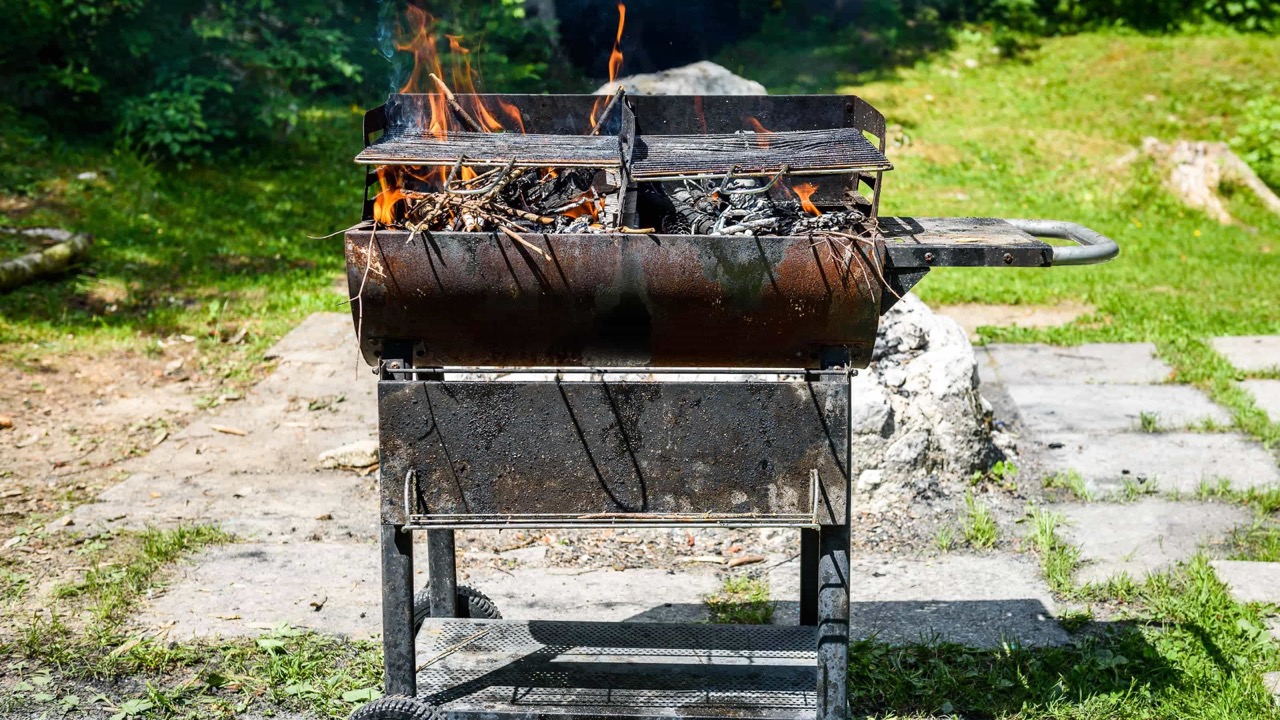
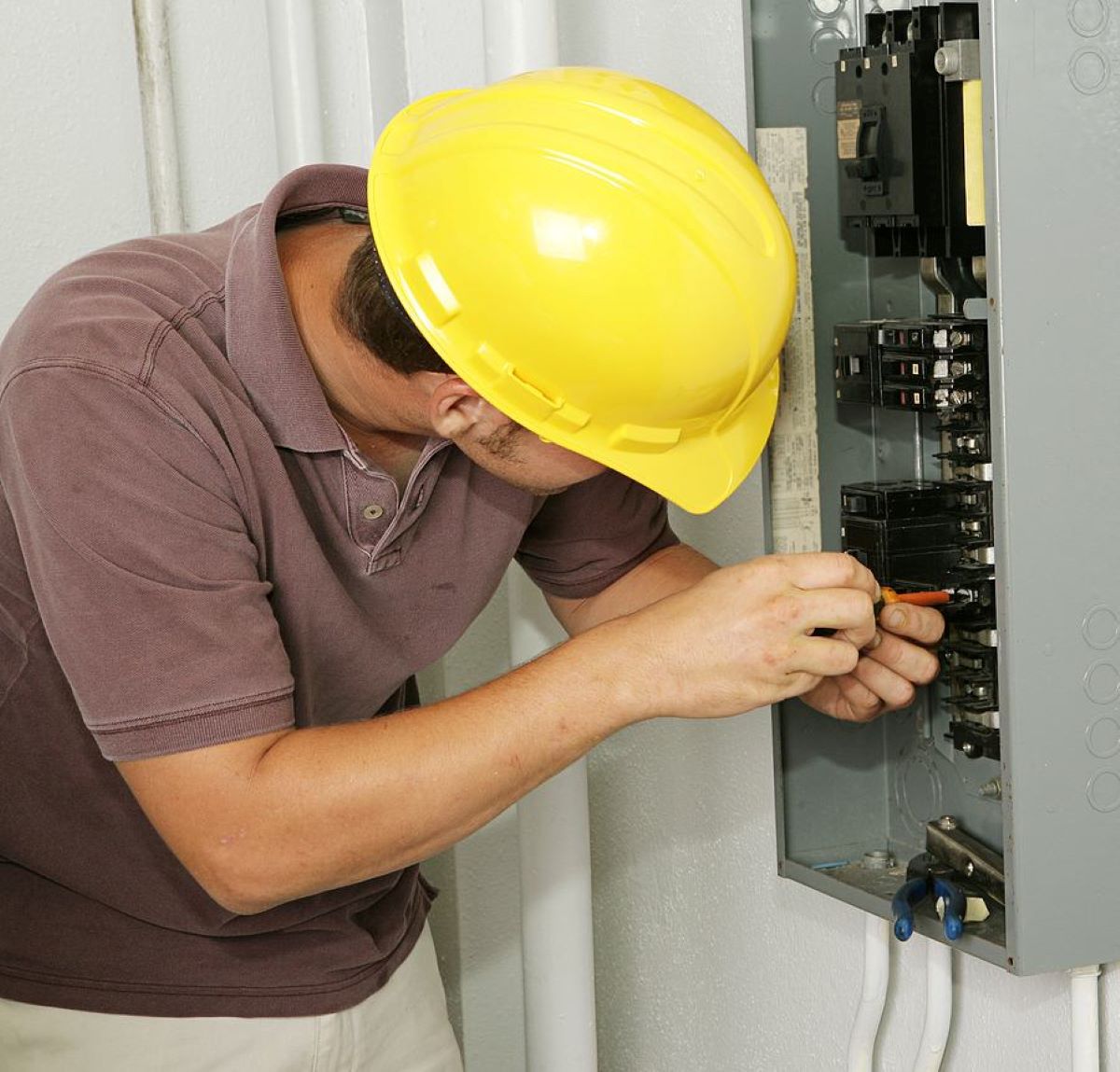
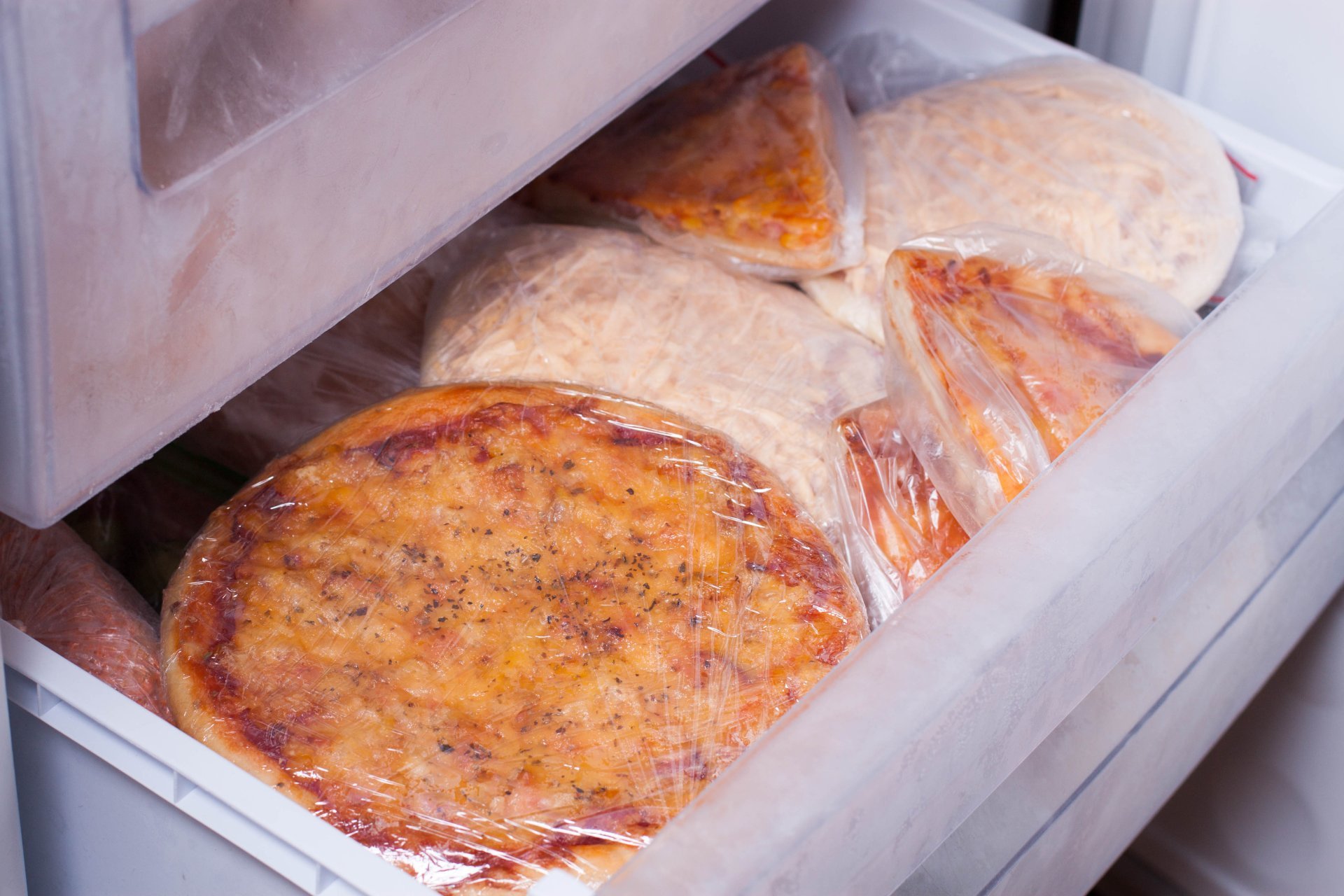
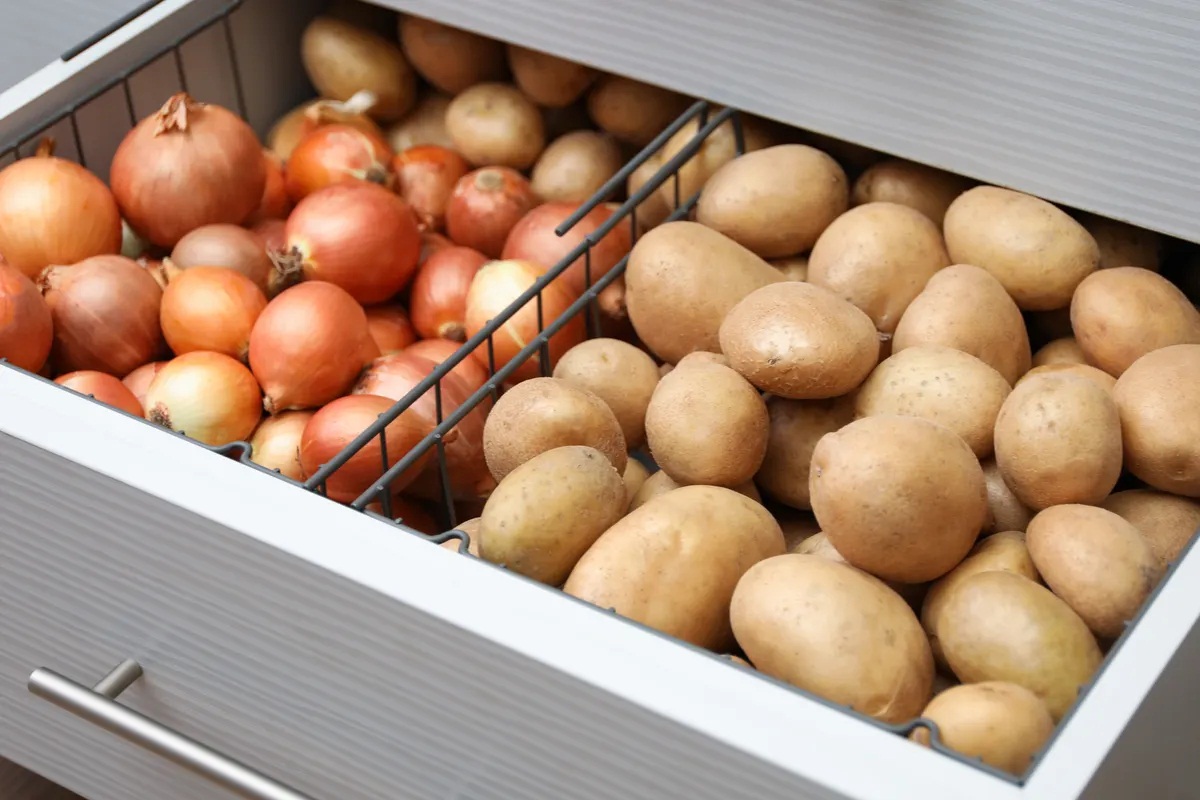
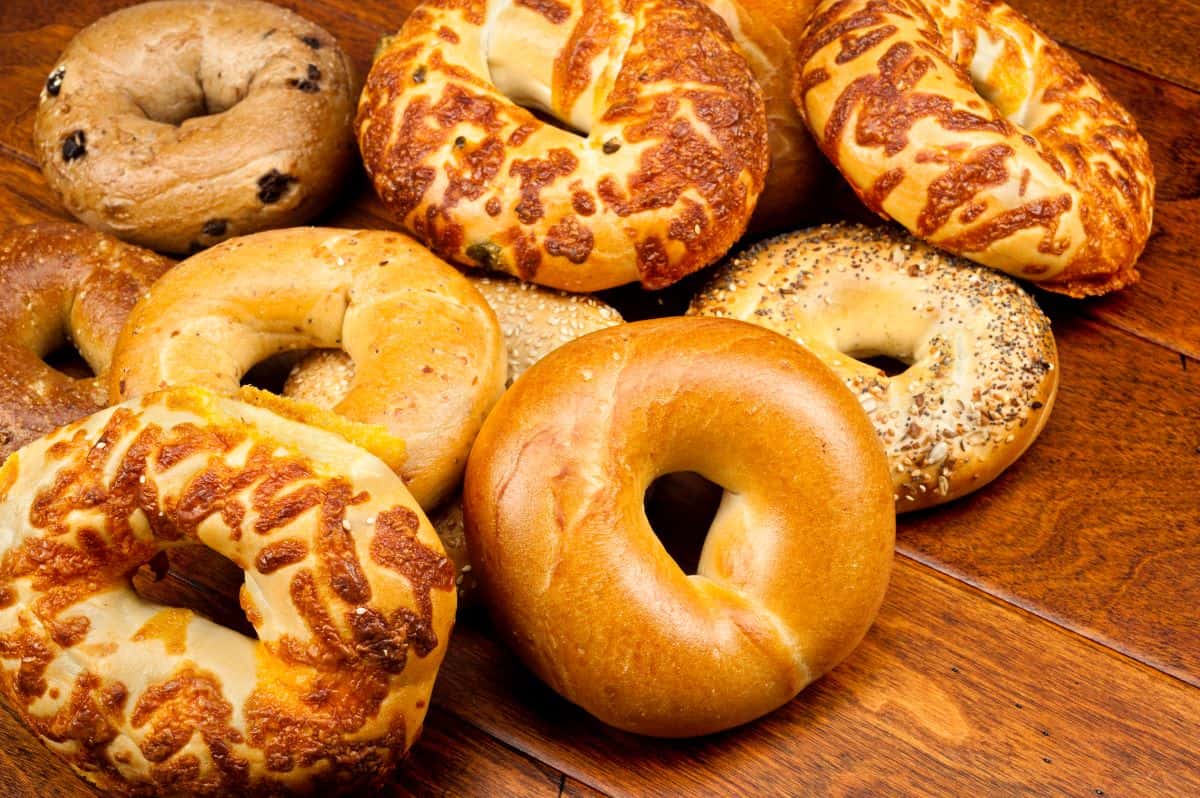
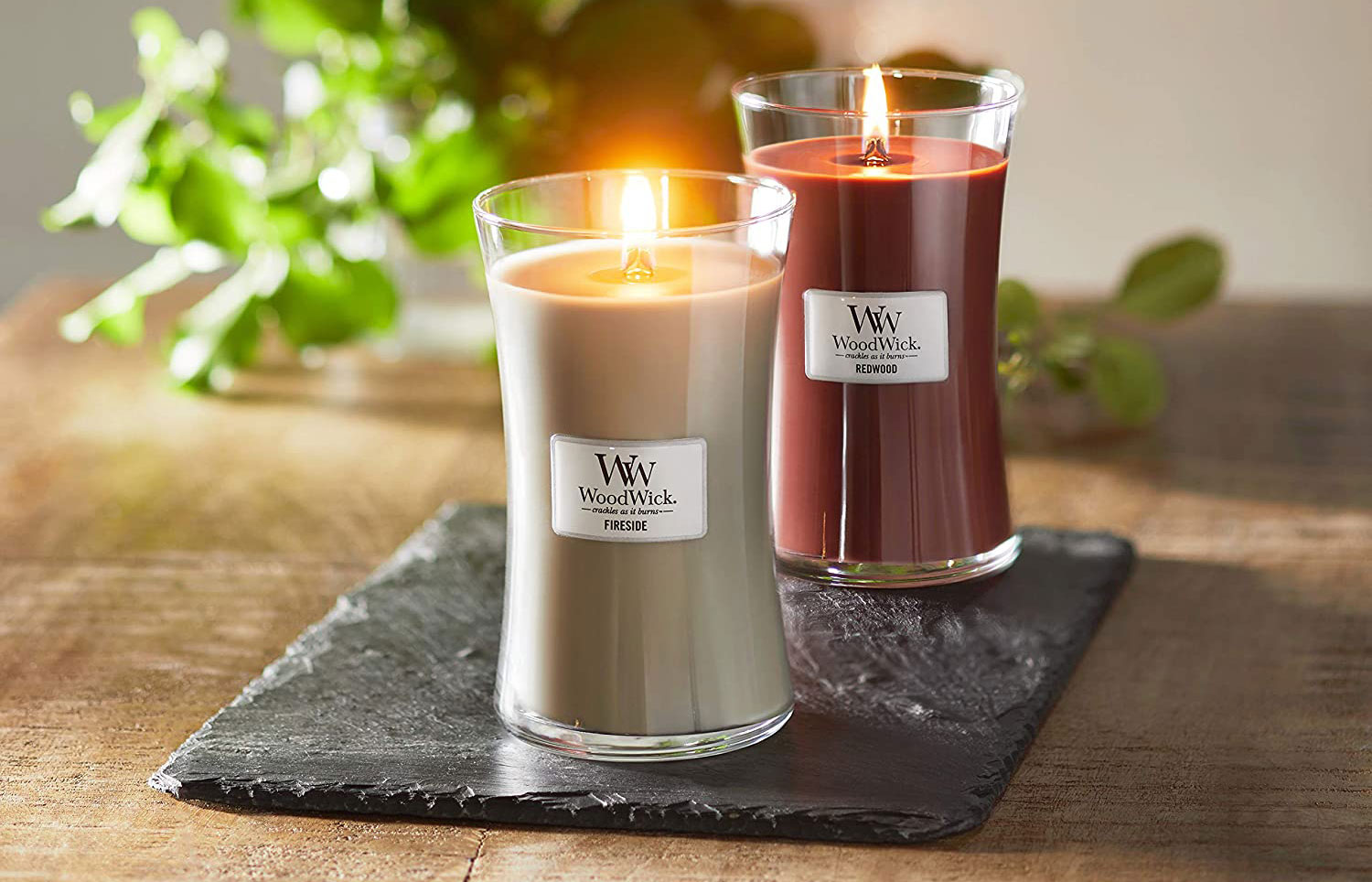
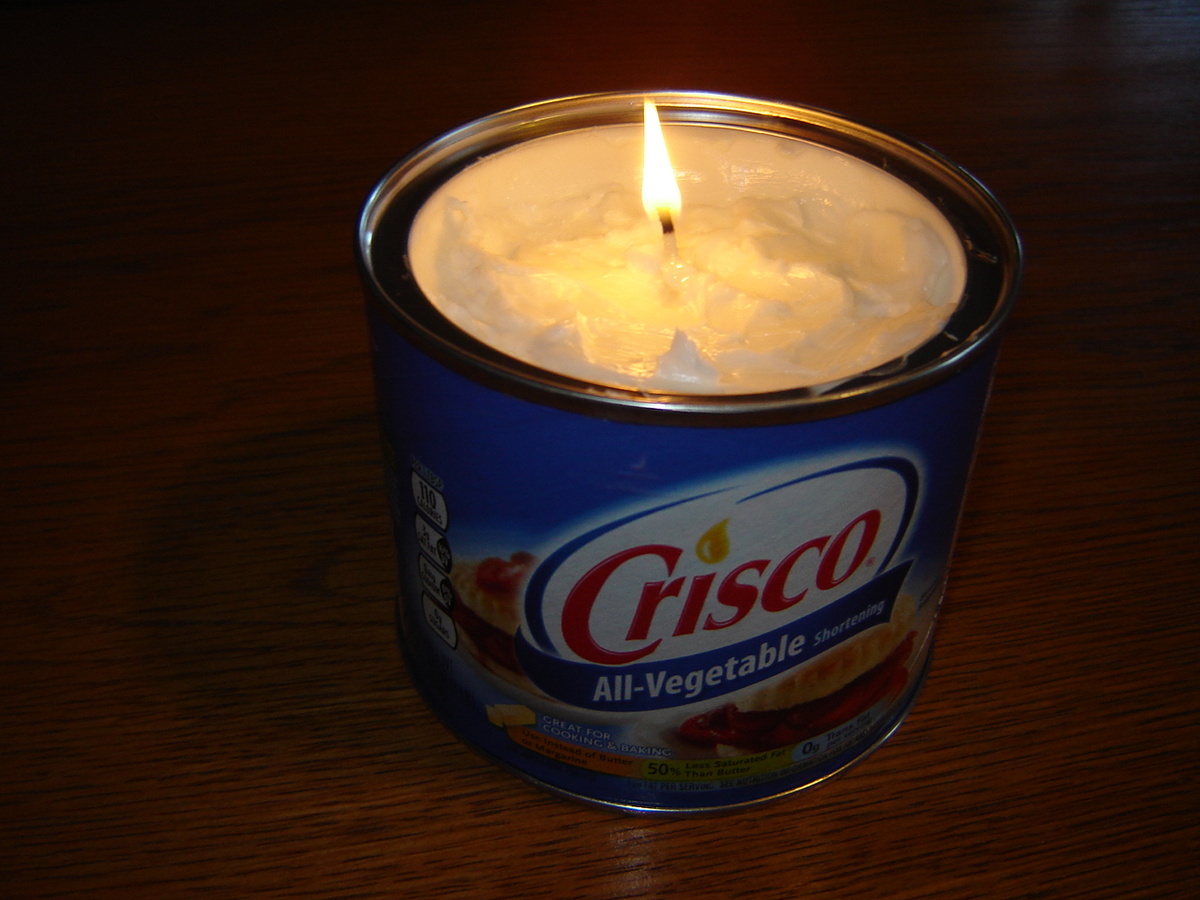

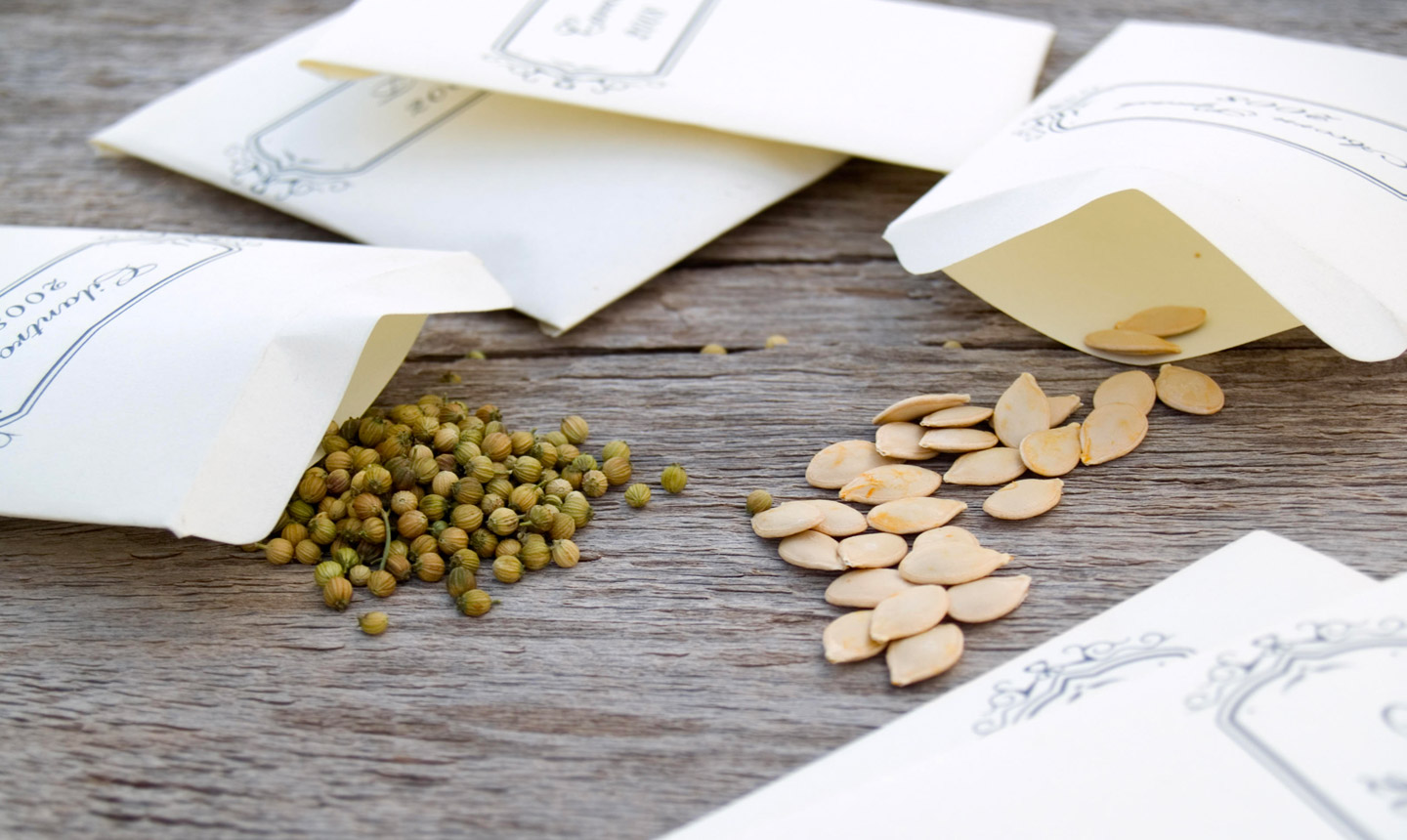
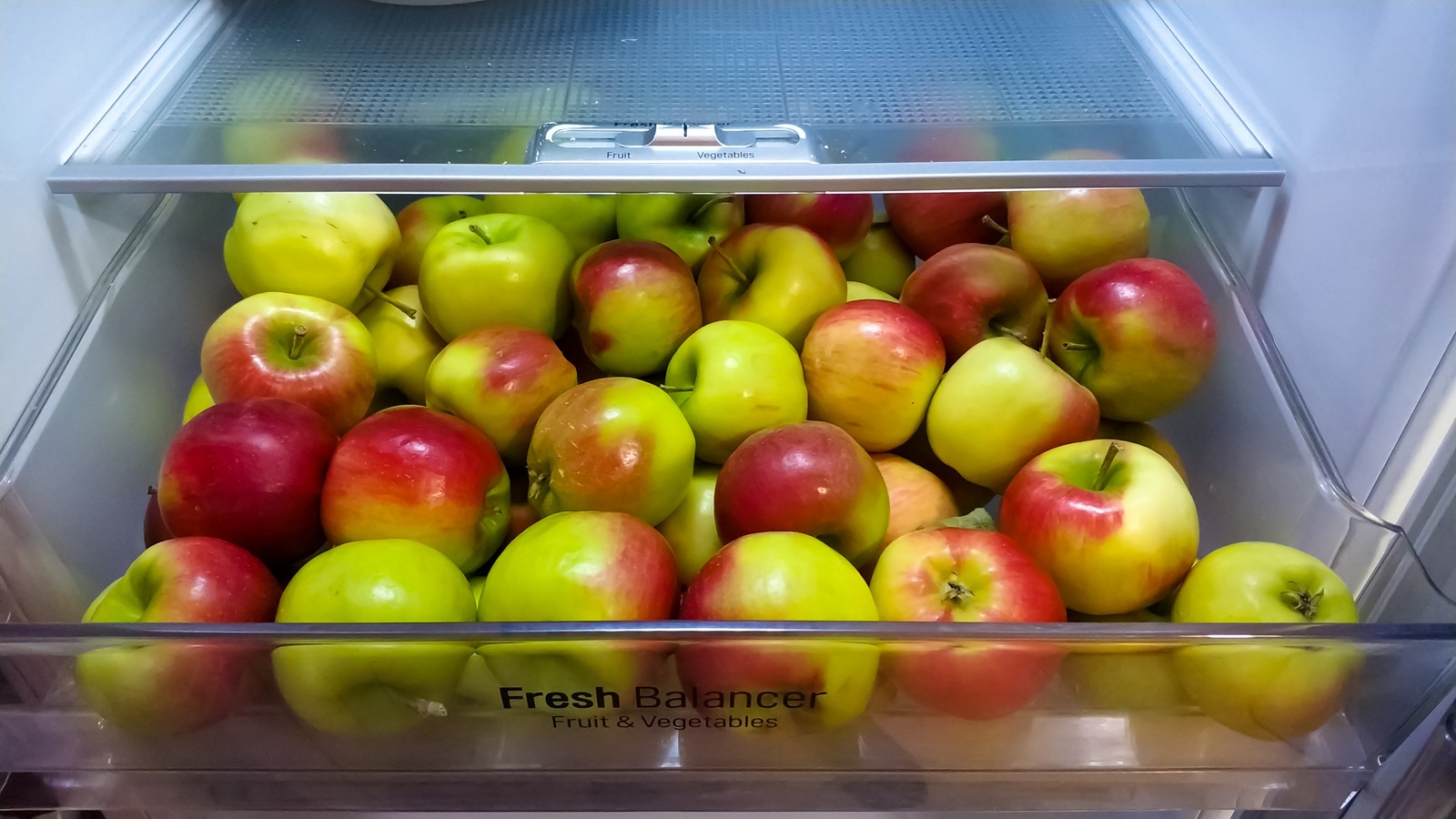
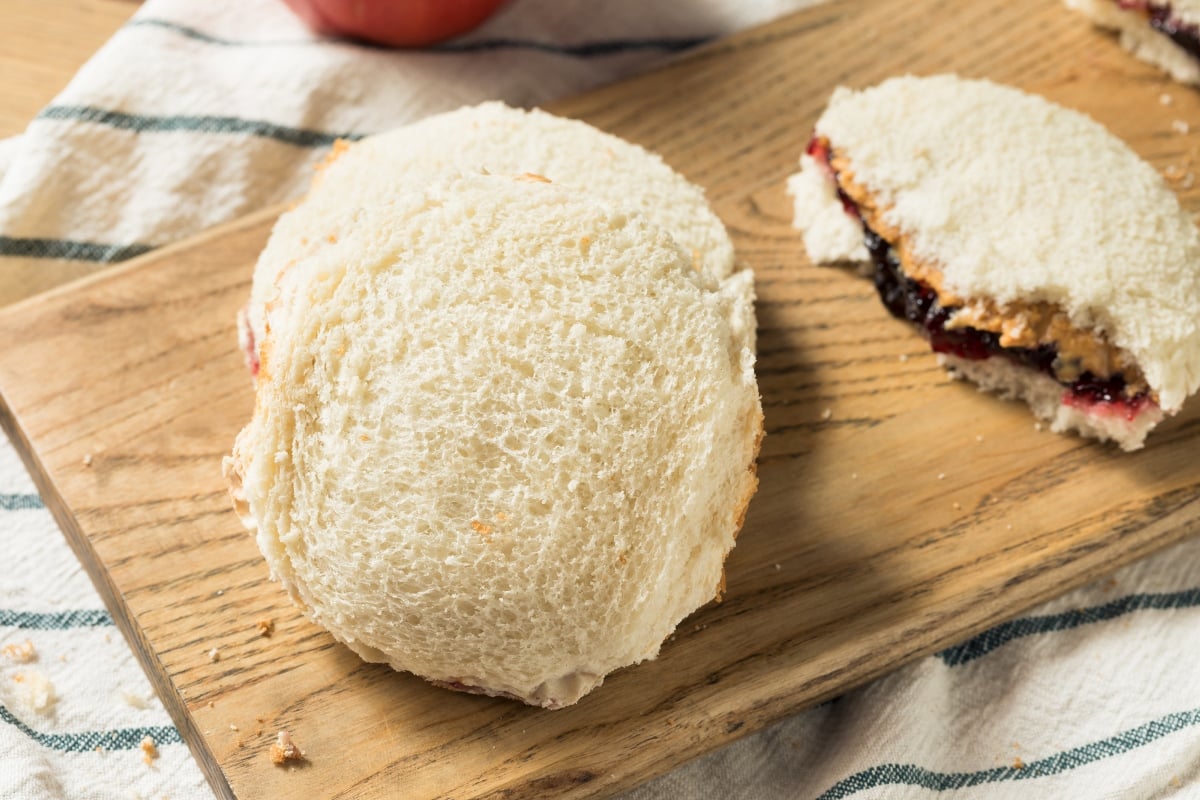
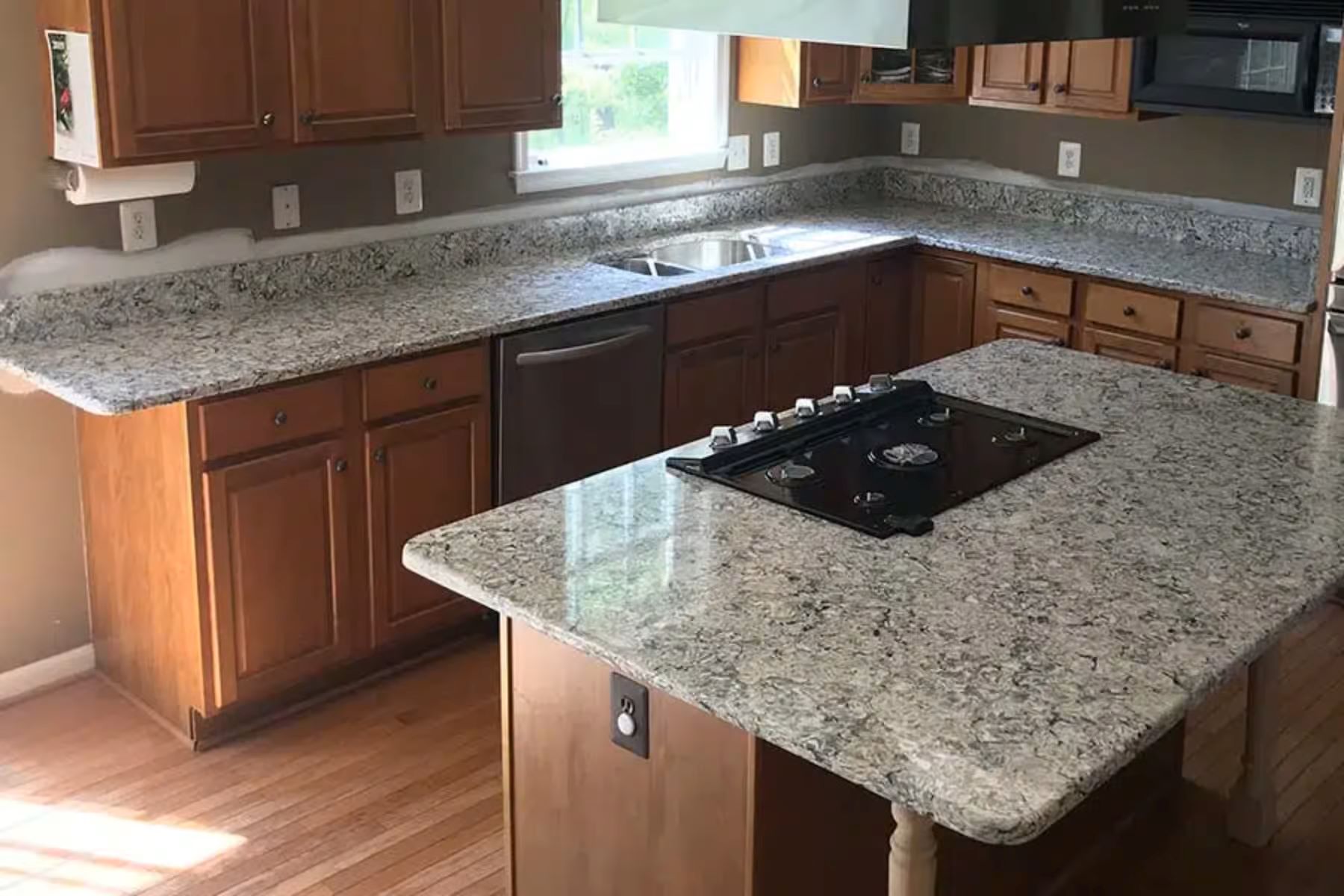

0 thoughts on “How Long Do Gutters Last”